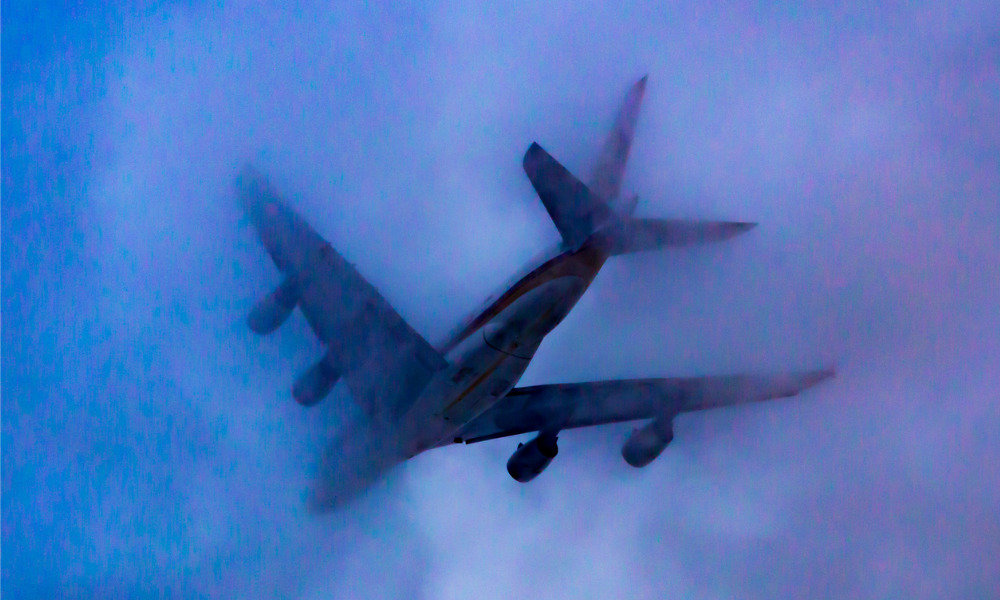
Singapore’s national carrier is doing its best to avoid layoffs and sticking with stiff cost-cutting measures

To date, over 6,000 Singapore Airlines (SIA) employees have been on voluntary no-pay leave to help the hard-hit company cope with the COVID-19 crisis.
With majority of flights still grounded, more than 1,700 employees under the SIA group, such as ground staff, pilots and cabin crew, have also been on volunteering stints and jobs at external organisations.
The airline has been helping to arrange these temporary job placements for employees, reported local media.
READ MORE: Singapore Airlines has no plans to retrench staff
The commercial aviation industry may not recover anytime soon with the International Air Transport Association forecasting that air travel demand will only return to pre-COVID levels around 2023.
Despite this, SIA group, which includes SilkAir and Scoot, have managed to avoid job cuts for now with the help of funding from Temasek and the government’s Jobs Support Scheme.
Back in June, CEO Goh Choon Phong had set a goal to avoid retrenchments and place efforts and “immediate focus” on managing costs and transforming the organisation.
“We are not going to let up on the various measures that we have for controlling costs, including staff costs,” Goh told The Straits Times (ST). “The pay cuts and (compulsory) no-pay leave will continue.
“We also have voluntary no-pay leave, and we have actually had a very significant take-up on it.”
READ MORE: 10,000 SIA staff to go on unpaid leave
Additionally, SIA has been expanding their cost-containment measures, with the latest being bigger pay cuts for management, additional 10% cut for other staff, and offering early retirement for staff and pilots.
This update to staff, revealed end July, also saw Goh taking a 35% pay cut — an increase from the existing 30%.
The cuts for senior leaders now stand at:
READ MORE: 25,000 Cathay Pacific employees take unpaid leave
Meanwhile, applications for early retirement will be subject to approval based on organisational and operational requirements.
In the employee memo, Goh told staff to brace for additional measures, given the slower growth trajectory and market conditions.
"We will be engaging our staff unions on this and will announce the measures when they have been firmed up," he said.
"Our immediate priority is to do everything we can to survive this crisis and be ready for the long trudge ahead of us."